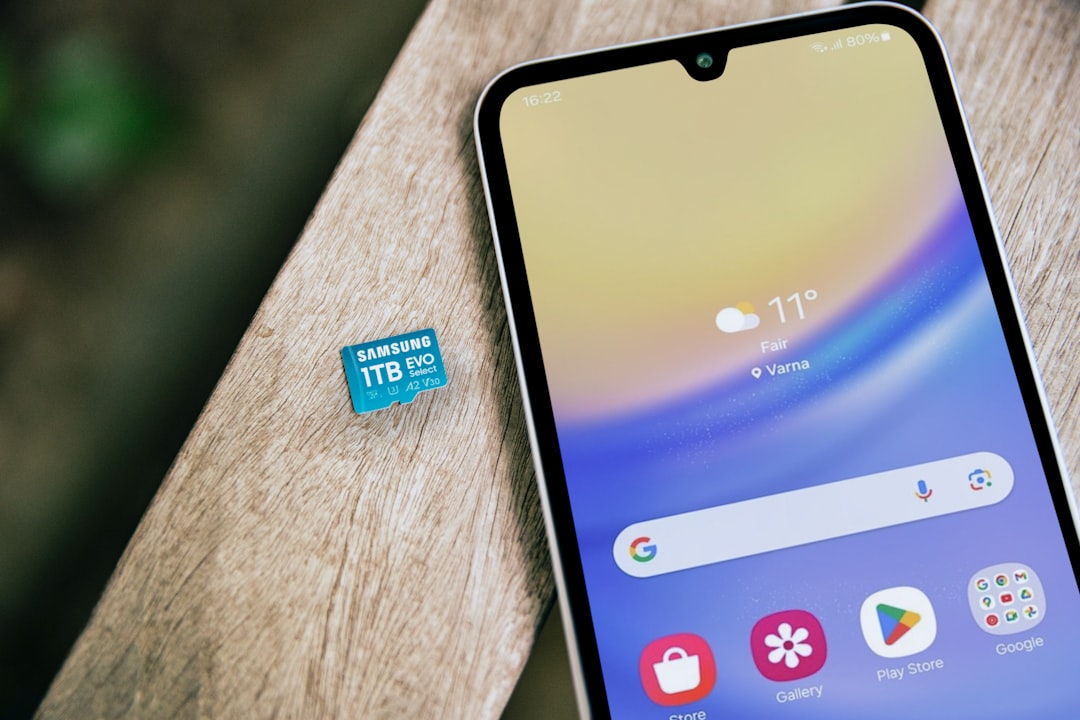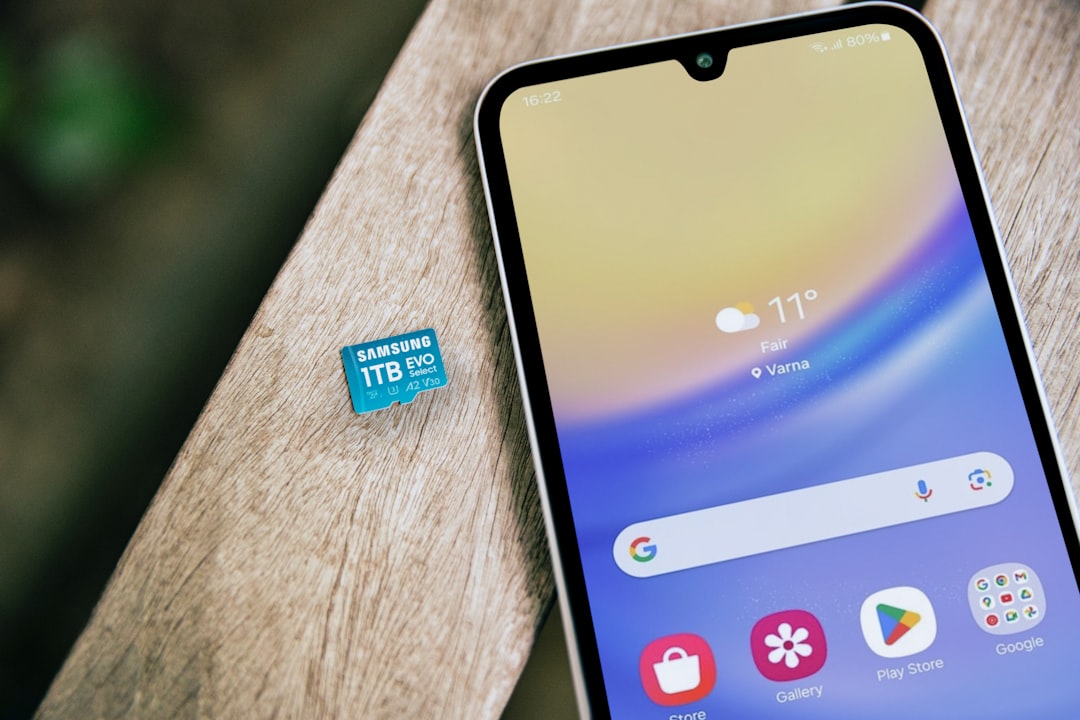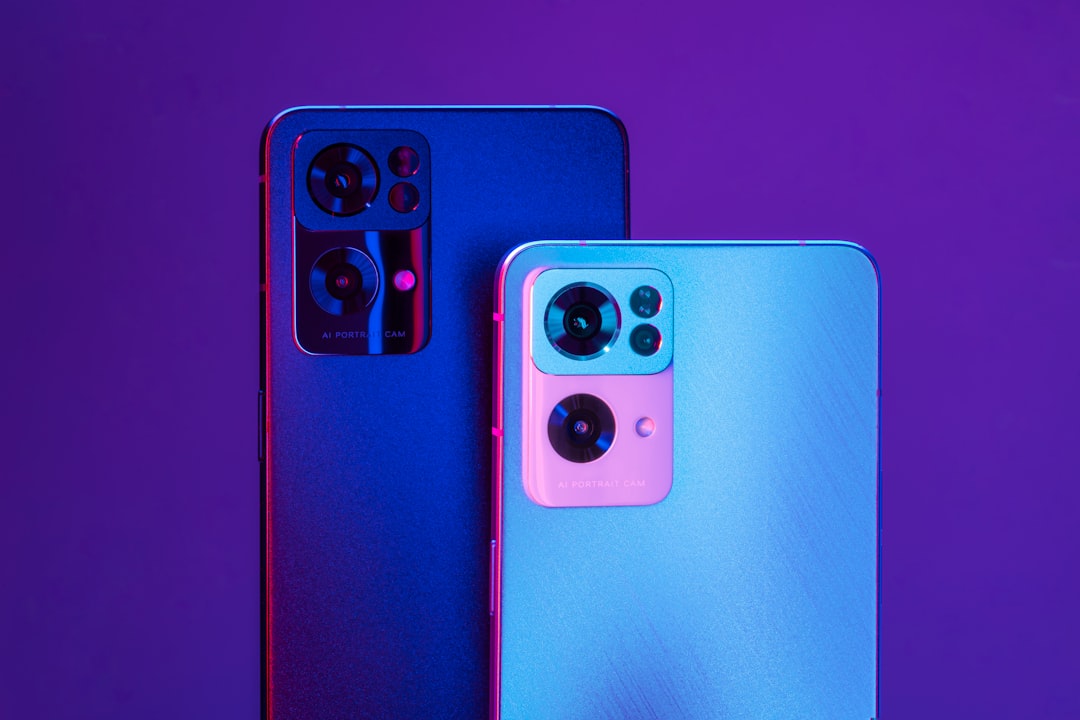In New Jersey, robocalls are regulated by state and federal laws. Businesses need consent for marketing calls; violating this can lead to complaints, compensation, and legal action under the Telephone Consumer Protection Act (TCPA). Register on the National Do Not Call Registry, use blocking apps, document unwanted calls, and consult a lawyer for potential TCPA-based lawsuits regarding robocalls in New Jersey.
In the digital age, robocalls have become a ubiquitous yet nuisance. This comprehensive guide aims to demystify robocalls in New Jersey, offering a clear legal definition and an in-depth look at regulatory bodies. We explore residents’ rights and practical steps to stop them. Furthermore, we address the critical question: Can I Sue for Robocalls in New Jersey? Understanding these aspects equips you with knowledge to protect your privacy and take action against unwanted calls.
Legal Definition of Robocalls in New Jersey

In New Jersey, a robocall is defined as an automated telephone call using an automatic dialing system or prerecorded messages to deliver marketing, informational, or promotional content to individuals. While many robocalls are harmless, some can be illegal and invasive. The state of New Jersey has implemented laws to protect residents from unwanted and deceptive robocalls. According to these regulations, businesses must obtain prior express consent from recipients before initiating automated calls for marketing purposes.
Regarding legal action, the Can I Sue For Robocalls New Jersey question is a common concern. If a caller makes use of prerecorded messages or automatic dialing systems without permission, individuals may have grounds to file a complaint with the New Jersey Attorney General’s office. Even more, if these calls cause emotional distress or economic harm, affected parties might be eligible to seek compensation through legal channels.
Who Regulates and Prohibits Robocalls in NJ?

In New Jersey, the regulation and prohibition of robocalls are overseen by several entities. The Federal Communications Commission (FCC) plays a pivotal role in enforcing federal laws against unwanted automated calls. At the state level, the New Jersey Division of Consumer Affairs is tasked with protecting consumers from deceptive or harassing phone practices, including robocalls.
Additionally, the Telephone Consumer Protection Act (TCPA) serves as a crucial piece of legislation that grants consumers the right to sue for damages caused by unsolicited robocalls. If you’ve received nuisance robocalls in New Jersey, understanding your legal rights is essential. The ability to take legal action against call centers or companies making unwanted calls may provide relief and potentially lead to financial compensation, especially if these calls violate state or federal regulations, including the TCPA.
Rights of New Jersey Residents Against Robocalls

In New Jersey, residents have specific rights when it comes to dealing with robocalls. While many states have laws in place to combat unsolicited phone calls, New Jersey has some of the most stringent regulations. If a caller uses an automated dialing system or prerecorded messages to make robocalls, recipients are protected under the Telephone Consumer Protection Act (TCPA). This means that residents can take legal action against violators.
If you feel that you’ve been targeted by unwanted robocalls, you have options. New Jersey allows residents to file complaints with the state’s Division of Consumer Affairs and even sue for damages if the calls are deemed harassing or causing emotional distress. Can I Sue For Robocalls in New Jersey? Yes, if the calls violate your privacy rights, you may be eligible to seek compensation. Understanding your rights is the first step in mitigating the impact of robocalls and ensuring a more peaceful and private communication environment.
How to Stop and Block Robocalls Effectively

Robocalls can be frustrating and intrusive, but there are steps you can take to stop and block them effectively. Start by registering your number on the National Do Not Call Registry, which is a first line of defense against unwanted calls. This federal registry helps prevent telemarketers from contacting you without permission.
Additionally, consider using call-blocking apps or software designed to identify and block robocalls. Many modern smartphones have built-in features for this purpose, while dedicated applications offer advanced filtering options. Regularly updating your phone’s operating system and security software is also crucial as it includes patches for known vulnerabilities that scammers exploit. If you feel you’ve been targeted by illegal robocalls, remember that in New Jersey, you may have the right to sue for damages, but it’s essential to consult with a legal expert to understand your options regarding Can I Sue For Robocalls New Jersey.
Can I Sue for Robocalls in New Jersey?

In New Jersey, like many other states, robocalls have become a common nuisance. However, they’re more than just an annoyance—they can be illegal. According to the Telephone Consumer Protection Act (TCPA), businesses are prohibited from making automated phone calls to individuals without their prior express consent. If you’ve received a robocall in New Jersey and believe it violated your rights under the TCPA, you may have legal recourse.
If you feel you’ve been targeted by unwanted robocalls, the first step is to document them. Keep a record of the calls, including the caller’s number, the time and date of each call, and any recorded messages. Next, review your options with a consumer protection lawyer or refer to resources provided by the Federal Trade Commission (FTC). While suing for robocalls in New Jersey isn’t always easy, it may be a viable option if you can prove the calls were unsolicited and violated your rights under federal law.






